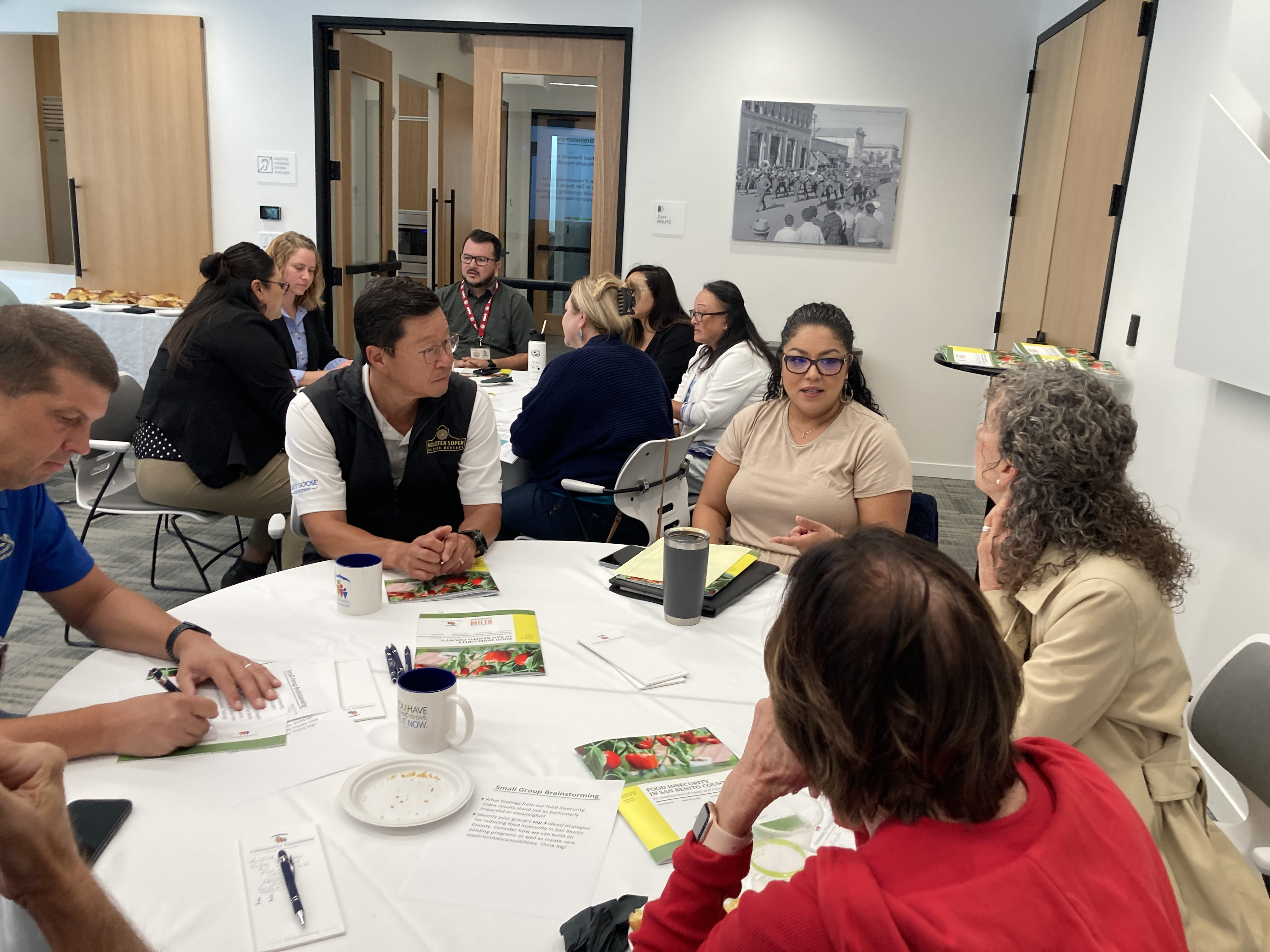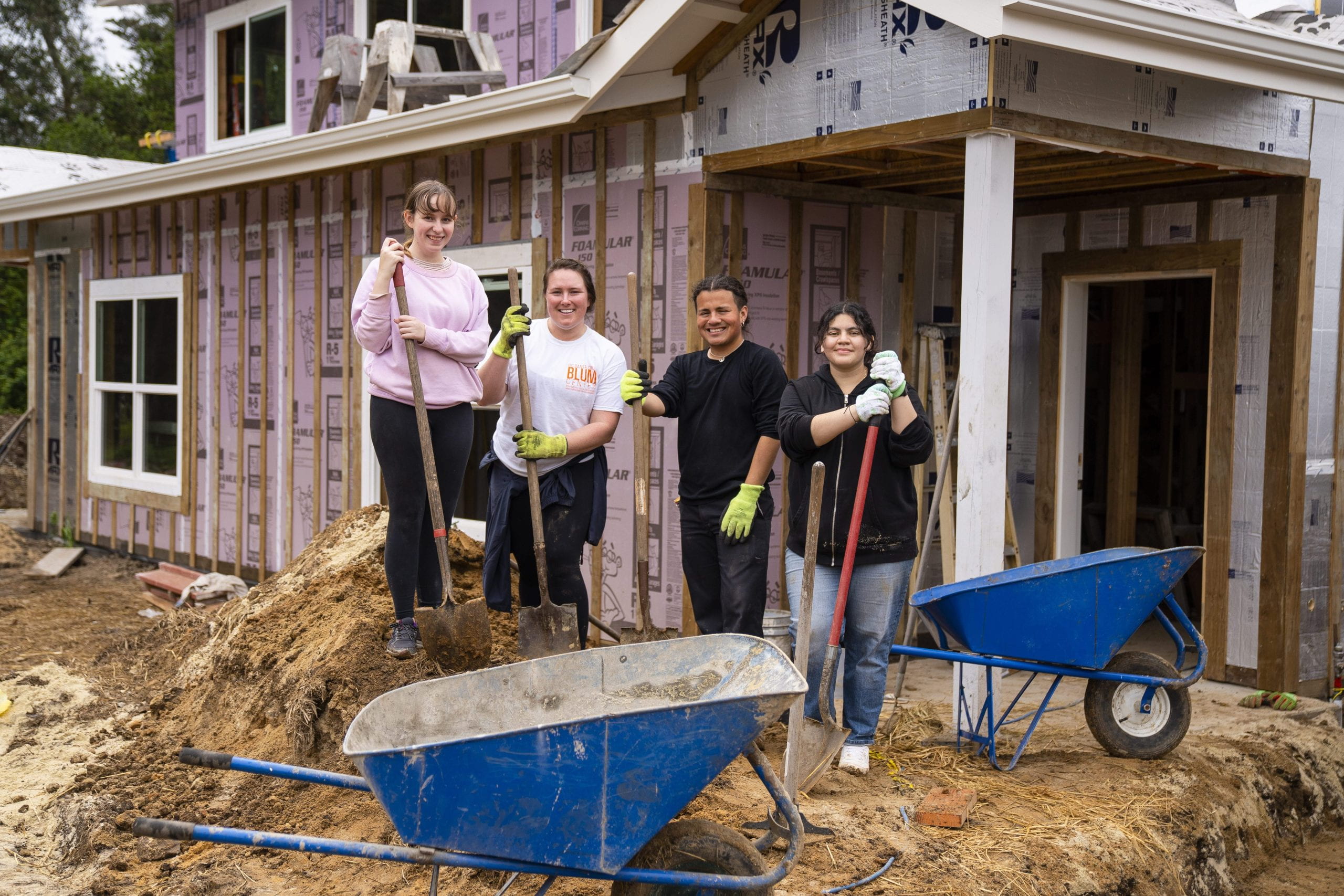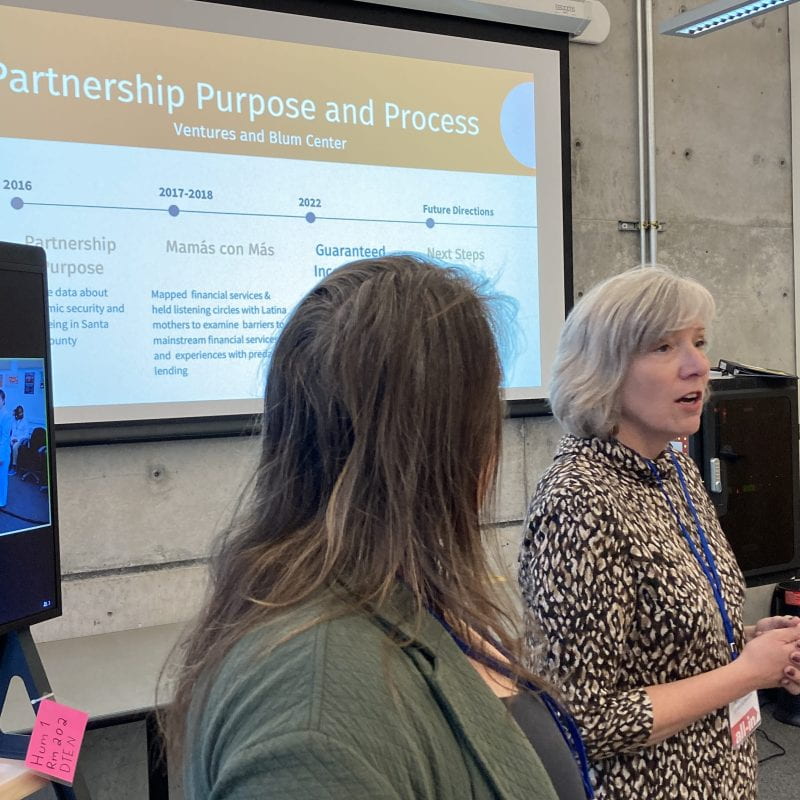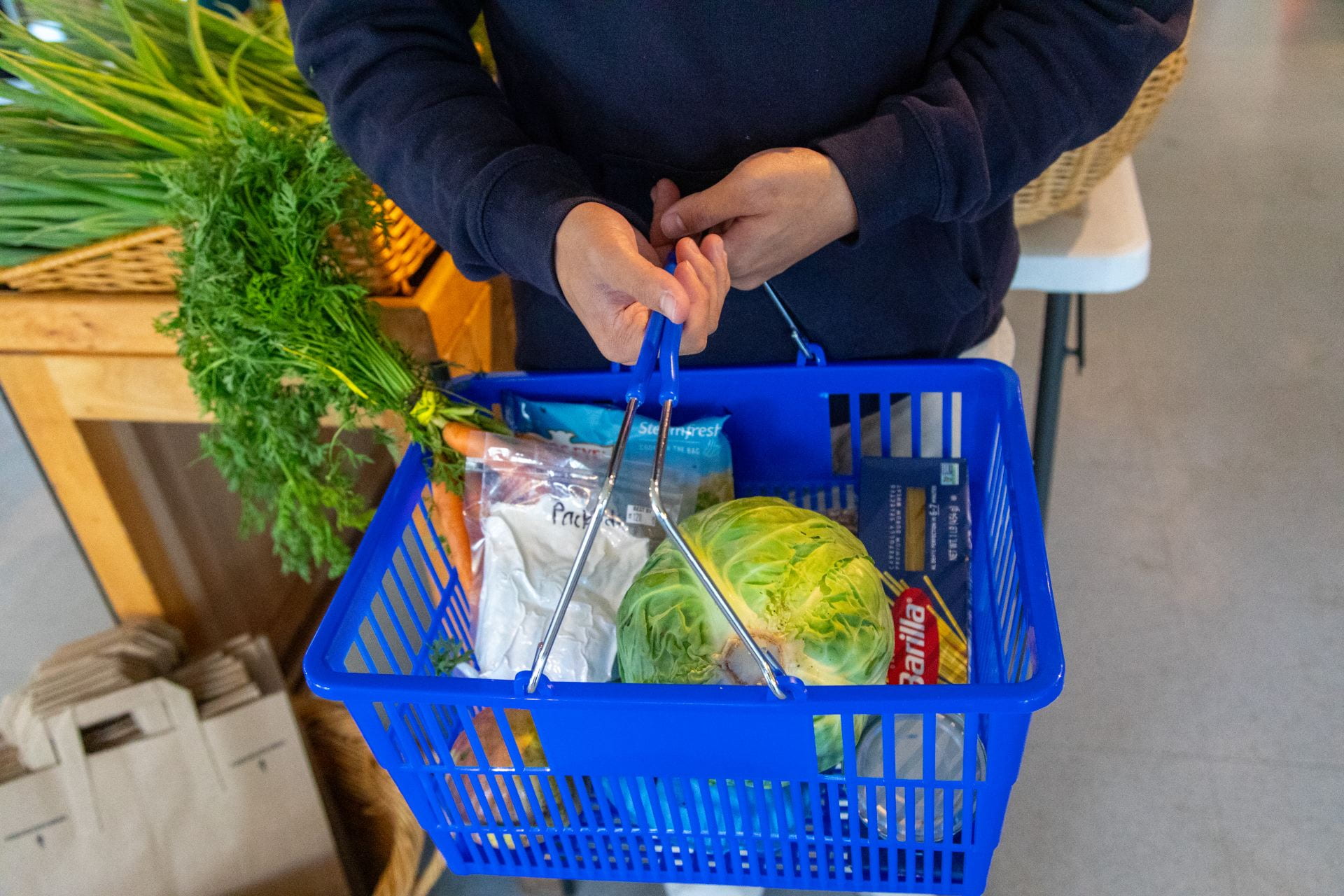
Previous Projects
Affordable Housing: Fostering Multi-Generational Economic Security, Civic Engagement, Well-Being, and Opportunity
CEJA and Habitat for Humanity Monterey Bay are partnering to assess the impact of affordable housing on multi-generational economic security, civic engagement, well-being, and opportunity. CEJA student researchers conducted in-depth interviews with Habitat families and we are completing the analyses. Project goals include strengthening Habitat’s programming, educating UCSC students about affordable housing and developing their community-engaged research skills, and raising awareness in the community and among policymakers about the importance and benefits of affordable housing. This project is funded, in part, by a grant from the Monterey Peninsula Foundation.
The report for this project was published in August 2024.
Over the past three decades, Habitat for Humanity Monterey Bay has built more than 60 homes in Monterey and Santa Cruz County, the vast majority of which are still occupied by their original owners.


CalFresh Program: Benefits and Challenges Among Student Applicants
In our most recent campus basic needs study, CEJA is collaborating with UCSC Basic Needs to investigate UCSC students’ experiences with CalFresh, barriers to accessing the program, and benefits of participation. Ten focus groups, co-facilitated by undergraduate and graduate student researchers, were held with current CalFresh participants. The findings will be used to strengthen students’ awareness of and access to CalFresh. Check back for a full report of our findings.
UCSC Basic Needs coordinates and oversees the efforts of a wide range of campus programs and services designed to ensure equitable access for UCSC students to adequate food, housing, healthcare, and financial resources, assisting some 5,000 students a year.
Food Insecurity Index: Assessing Food Insecurity in Santa Cruz and San Benito Counties
In partnership with Second Harvest Food Bank of Santa Cruz County, CEJA refined a food insecurity index that estimates the number of meals missed and unmet needs among low-income households, after taking into account a variety of factors, including the role of government assistance and community food programs in filling this gap.
Learn more about our Santa Cruz County food insecurity index findings in these reports produced with Second Harvest Food Bank of Santa Cruz County.
Learn more about our San Benito County food insecurity index findings in this report produced with the San Benito Community Foundation.
Mainstream and Alternative Financial Service Use among Low-Income Latinx Mothers
CEJA and Santa Cruz Community Ventures partnered to better understand mainstream and alternative financial service use among low-income Latinx mothers and to map the prevalence and location of different types of providers in the cities of Watsonville and Santa Cruz. Learn more about the outcomes of this research in the full report.

Food and Housing Insecurity Among University Students
As a partner in UCSC’s basic needs initiatives, CEJA conducts student-centered, participatory research and assessments. Learn more about our findings related to student food and housing insecurity in these reports.













